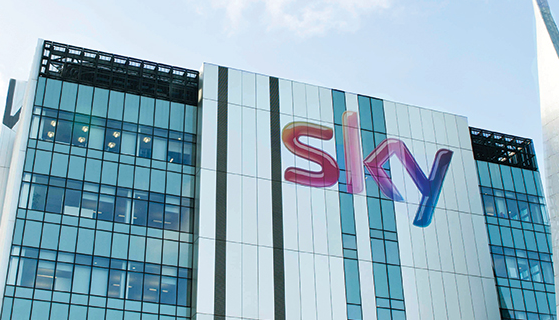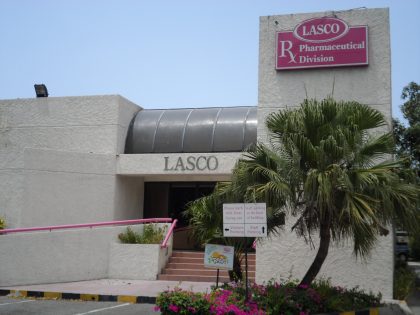Wells Fargo and Company may have to fork over $1 billion in settlement to regulators in order to resolve an investigation with regards to the sale of some of its auto insurance and mortgage products. The Consumer Financial Protection Bureau and the Office of the Comptroller of the Currency were preparing the hefty fine on Monday.
This is not the first regulatory issue Wells Fargo has had to deal with in just under two years. In 2016, there was an investigation into branch employees who had opened millions of accounts without the knowledge of customers. The Federal Reserve has already imposed sanctions on Wells Fargo for failing to have sufficient risk controls to detect these issues. One such sanction is the restriction on the growth of the banks balance sheet beyond 2017 levels of $1.95 trillion, until measures are implemented to address the bank’s board and risk management. The restrictions will significantly affect the company’s annual profit by more than half to US$300 million. Mishaps such as these, reduces customer’s trust and confidence in the bank and its sales tactics in various departments such as auto insurance, wealth management and mortgage.
Despite the developments, the bank reported a 5.5 percent increase in profit for the first quarter of 2018, with net income of US$5.9 billion or US$1.12 per share, compared to US$5.6 billion for the same period in 2017 or US$1.03 per share. Revenue, however, fell by 2 per cent to US$21.9 billion from US$22.3 billion. Average deposits decreased by US$2 billion to US$1.3 trillion while average loans decreased by US$12.6 billion or 1 per cent to US$9.51 billion.
These results may however need to be revised to reflect the final settlement from regulators. Many may argue that US$1 billion fine may not have a significant impact on the company’s balance sheet but there is no doubt that it may take some time for the bank to repair its bruised reputation. This is evident in its shares which have already fallen to US$50.89, down 3.4 percent after trading on Friday.
Wells Fargo has already taken measures to prevent these unfortunate occurrences by revamping its operational structure. The bank made changes to its board and hired a new compliance officer.
Wells Fargo may be having a hard time now, but the company is known for making profit and appeasing its customers and that is why we at SSL continue to recommend this stock to our clients.
If you liked this article and want to read other great stories, try our Archives. Also if you are new to investing you can try our Investment Basics Blog.
If you want to start investing with SSL but don’t have the time to monitor the market or to conduct the trades yourself then you can choose one of SSL’s managed Financial Planning products. We offer a variety of products for every type of investor and if you are interested in managing online trades yourself and having complete control over your investment portfolio then you can try SSL’s Brokerage account.
Follow us on Facebook, LinkedIn and Twitter please leave us a review.





















